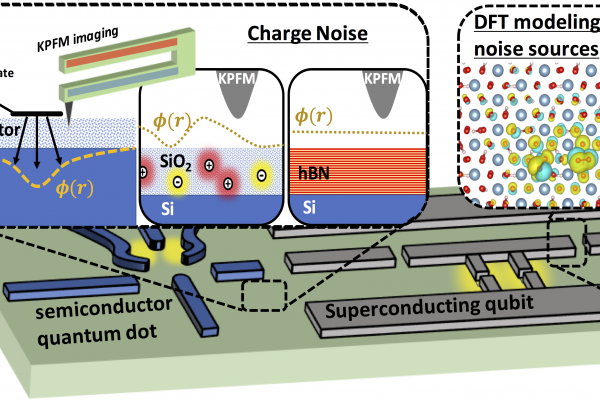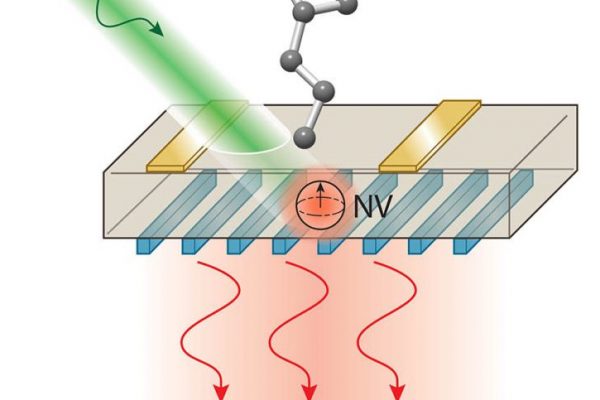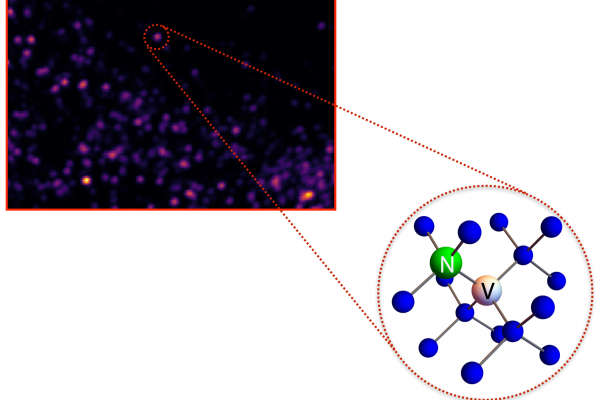Quantum sensing makes use of the unique and counter-intuitive properties of matter and light when it is governed by quantum physics, such as quantization of energy levels, particle-wave duality, coherent superposition, and entanglement, to make precision sensors and measurements. Applications of quantum sensors range from medicine to navigation, security, materials science, and even astrophysics. One of the primary challenges in quantum sensing is to protect the quantum system that is being used as a measurement device from the deleterious effects of interacting with its surrounding environment, while remaining sensitive to the target signal. Quantum sensing research in the WQI spans the campus, with faculty in the Chemistry, Physics, and Engineering departments.
WQI Research Projects in Quantum Sensing
Probing the origins of decoherence in quantum platforms with quantum sensors

Quantum Chemical Sensing

Atomic magnetometers for biomagnetometry and tests of fundamental physics
Atom-based inertial sensors and magnetometers
Novel defect-based nanoscale quantum sensors and techniques
